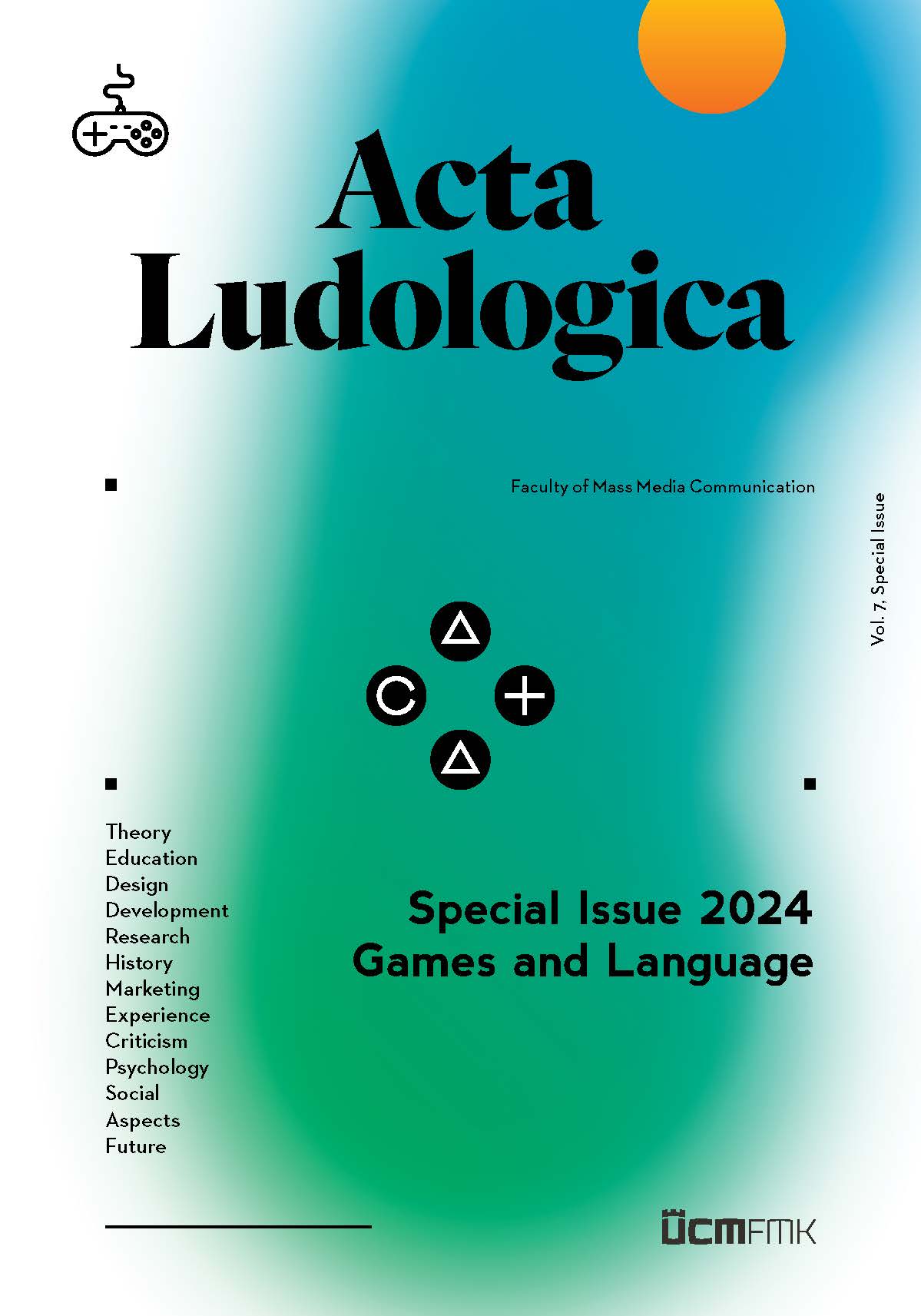ABSTRACT: Digital games can address social problems, such as the integration of marginalized persons into the community at large. For example, six children in a thousand live with an ambulatory disability. Communities must learn to accept children in wheelchairs. This social rehabilitation is problematic. It requires that hostile social environments, particularly the classroom, become more supportive. Issue awareness among classmates without disabilities can be improved by education-based interventions but such interventions rarely change behaviour. Interactive personal contact between able children and disabled role models has been shown to be eff ective but it cannot be readily scaled. Digital games off er an appealing intervention vector, easily scalable and highly interactive. This pilot study investigates game design that may promote social esteem.
KEY WORDS: ATPD, game-based learning, linguistic bias, physical disabilities, serious game, social rehabilitation.
View full article
